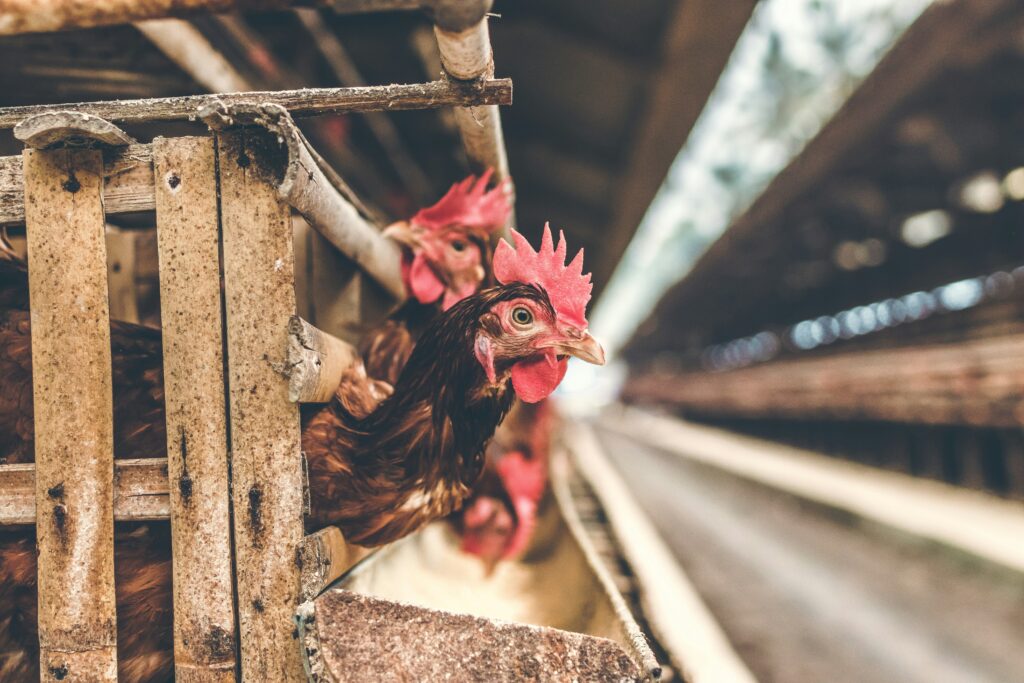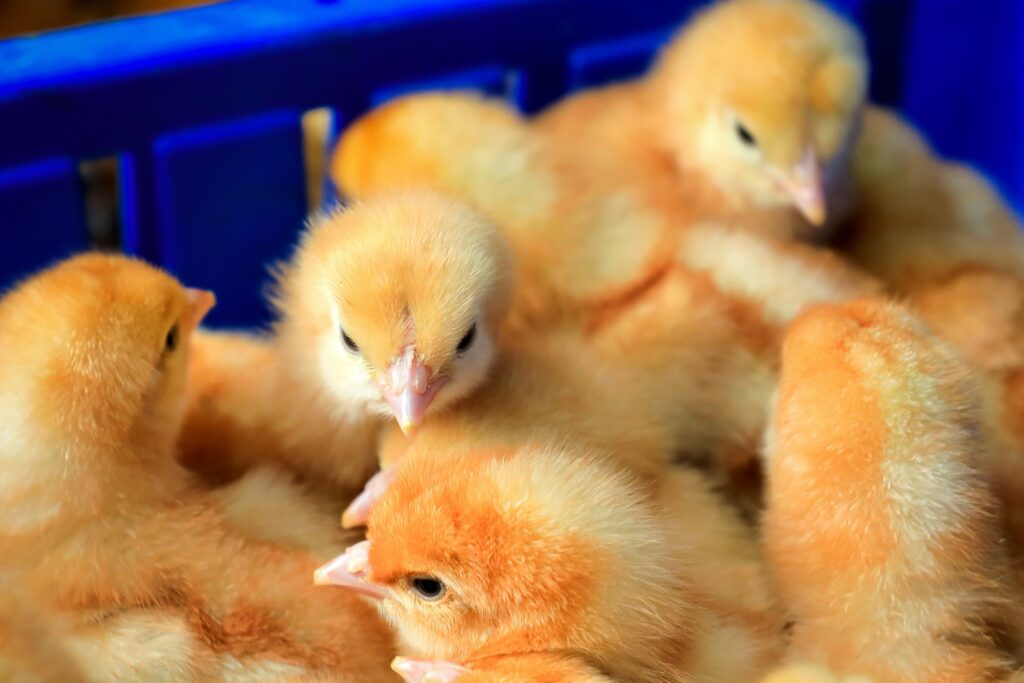We take a look at the he reality of animal cruelty in the tourist industry and how we can all avoid being part of the problem.
In recent years, there has been a growing awareness about the conditions in which animals are raised for food. One area that has garnered significant attention is the egg industry, particularly the practices surrounding cage-free hen egg production in the UK. While the term “cage-free” might conjure images of hens roaming freely in idyllic pastures, the reality is often starkly different and in far too many instances, downright cruel.
Cage-free egg production is often marketed as a more humane alternative to the traditional battery cage system. In battery cages, hens are confined to tiny, cramped spaces where they can barely move, leading to severe physical and psychological distress. The introduction of cage-free systems was supposed to alleviate these issues by providing hens with more space to move and exhibit natural behaviours. The truth is that cage-free does not necessarily mean cruelty-free.
In cage-free systems, hens are typically housed in large barns where they can move around more freely compared to battery cages. Despite this apparent improvement, the conditions can still be appalling. Hens are often packed into barns by the thousands, leading to overcrowding, stress, and aggression among the birds. Furthermore, the lack of outdoor access means that these hens rarely, if ever, see daylight or breathe fresh air.

The transition from battery cages to cage-free systems has not eliminated the suffering of hens. While they may have more space, the overcrowded conditions in cage-free barns can lead to severe health problems, including respiratory issues from poor air quality and injuries from pecking and trampling. The absence of perches, nesting boxes, and dust baths also prevents hens from engaging in natural behaviours, causing significant mental distress.
A particularly harrowing aspect of the egg industry is the fate of male chicks. Since male chicks do not lay eggs and are not suitable for meat production (they don’t have enough fleshy parts on them), they are considered economically worthless. As a result, millions of male chicks are killed shortly after hatching, often through methods such as gassing or maceration (meaning they are literally put through a grinder). This practice raises serious ethical concerns and highlights the inherent cruelty in the egg production system, whether it is cage-free or not.

With the UK consuming around 37 MILLION EGGS PER DAY (a staggering 12.8 billion eggs per year) the demand is huge. At most, a hen can lay one egg a day – but a hen will not always lay an egg every day. It takes 24 to 26 hours for a hen to produce an egg, so to produce 37 million eggs per day there are estimated to be around 57 million egg-laying hens in the industry. A hen has around 3-4 years of egg-laying capability, and although a hen can live for around 10 years naturally they are euthanised in the egg industry once they’re surplus to requirements. They are then sent to either be turned into protein meal for feed or into pet food. Hens that are at the end of their laying life are considered a by-product of the egg industry, and unlike broilers that are reared for meat they can’t be used in the human food production chain. Those broiler hens (the ones humans eat) account for another 1.27 billion hens needed each year for human consumption. So that’s 57 million hens needed for eggs and a further 1.27 billion hens for eating. Those figures don’t take into account the 30-40 million males culled as chicks each year. Mindboggling.
Given the ethical issues associated with both battery cage and cage-free egg production, many people are turning to plant-based diets as a more compassionate alternative. Plant-based diets eliminate the need for animal products, therefore reducing the demand for industrial farming practices that cause immense suffering to animals.
There are numerous plant-based alternatives to eggs, including products made from tofu, chickpea flour, and mung beans, which can be used in cooking and baking. These alternatives not only spare hens from the cruelties of egg production but also offer health benefits, such as lower cholesterol and reduced risk of heart disease.
While cage-free hen egg production in the UK may seem like a step in the right direction, it is not without its own set of cruelties. The overcrowded conditions, the ongoing suffering of hens, and the brutal fate of male chicks all point to the need for a more ethical approach to our food choices. By adopting a plant-based diet, we can take a stand against these cruel practices and promote a more compassionate and sustainable way of living. And for those of you who want to dig deeper still into how appalling this industry is, do take a look at this article by PETA which covers 21 different things that the egg industry does not want you to see. Disclaimer: it’s not a pretty read.
Now, if anyone needs us we’re heading out on site to go hang out with our rescued hens and cockerels – all of whom have their own personalities, quirky ways and, most importantly, zest for life.
Sign up here for the fun updates from the animals, information about the latest news at the sanctuary and exclusive offers and events.


Join Hopefield’s mailing list to be the first to know about all things happening at the sanctuary and exclusive offers and events!